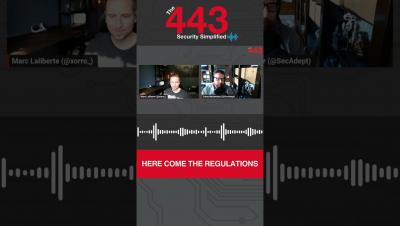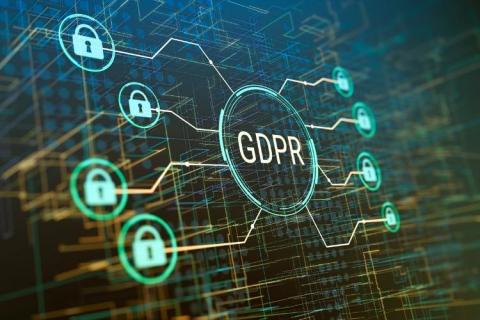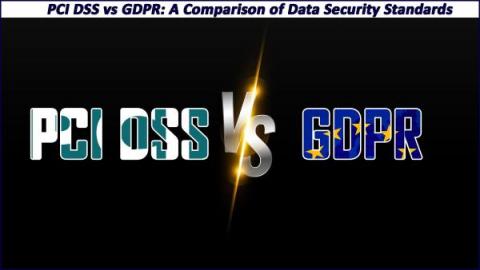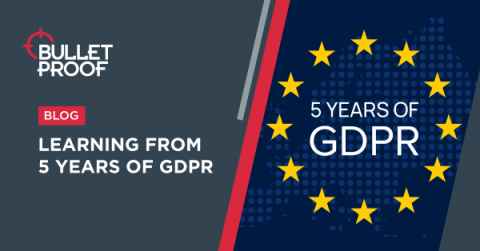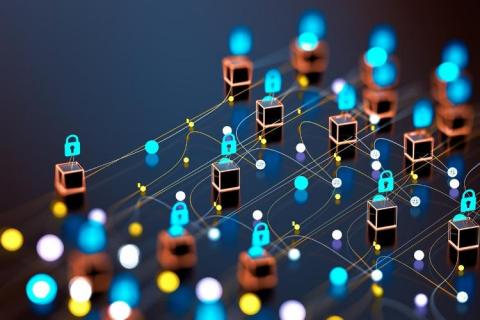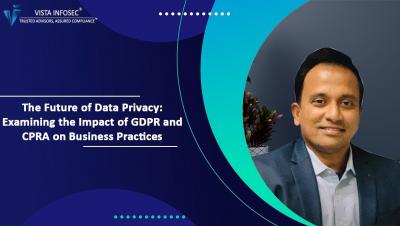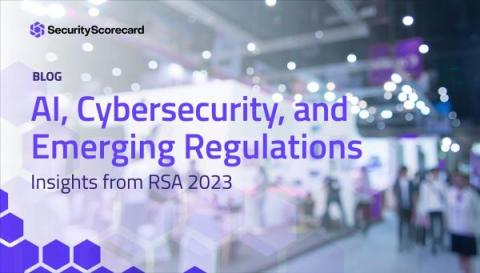Security | Threat Detection | Cyberattacks | DevSecOps | Compliance
Legislation
GDPR - the benchmark for a global privacy framework
PCI DSS vs GDPR: A Comparison of Data Security Standards
Since the onset of the pandemic in 2020, global concern for data security and privacy has skyrocketed like a dazzling display of fireworks on New Year’s Eve. With an ever-increasing number of people utilizing online services and sharing their personal information on websites to engage in e-commerce transactions, the infrastructure for collecting and safeguarding consumer data has become of paramount importance.
Learning from 5 years of GDPR
Despite the GDPR routinely (and wrongly) being seen as an encumbrance, many of its requirements make sense for sound business and management reasons. For example, the requirement to maintain Records of Processing Activities (RoPA) under Article 30 can reduce time needed from business analysts when scoping projects. Data Protection Impact Assessments (DPIAs), reduce time misspent on projects which are not appropriate, legally viable, or necessary.
Cyber Warfare and Government Attitudes To Cybersecurity
Navigating the complex world of Cybersecurity compliance
The content of this post is solely the responsibility of the author. AT&T does not adopt or endorse any of the views, positions, or information provided by the author in this article. Cyberattacks have become increasingly common, with organizations of all types and sizes being targeted. The consequences of a successful cyberattack can be devastating. As a result, cybersecurity has become a top priority for businesses of all sizes.
The Impact of Government Legislation on Cybersecurity | James Rees, Razorthorn Security
Cybersecurity - Change is coming and that's a good thing
Those words were spoken by the US National Security Advisor way back in 2005, and it is remarkable to see how prescient they were. The economy is not only supported by the cyber world, but that world is entirely data driven. Data has become a primary focus, not just for regulatory fodder, but for business survival.
Future of Data Privacy Examining the Impact of GDPR and CPRA on Business Practices
AI, Cybersecurity, and Emerging Regulations
The SecurityScorecard team has just returned from an exciting week in San Francisco at RSA Conference 2023. This year’s theme, “Stronger Together,” was meant to encourage collaboration and remind attendees that when it comes to cybersecurity, no one goes it alone. Building on each other’s diverse knowledge and skills is what creates breakthroughs.


